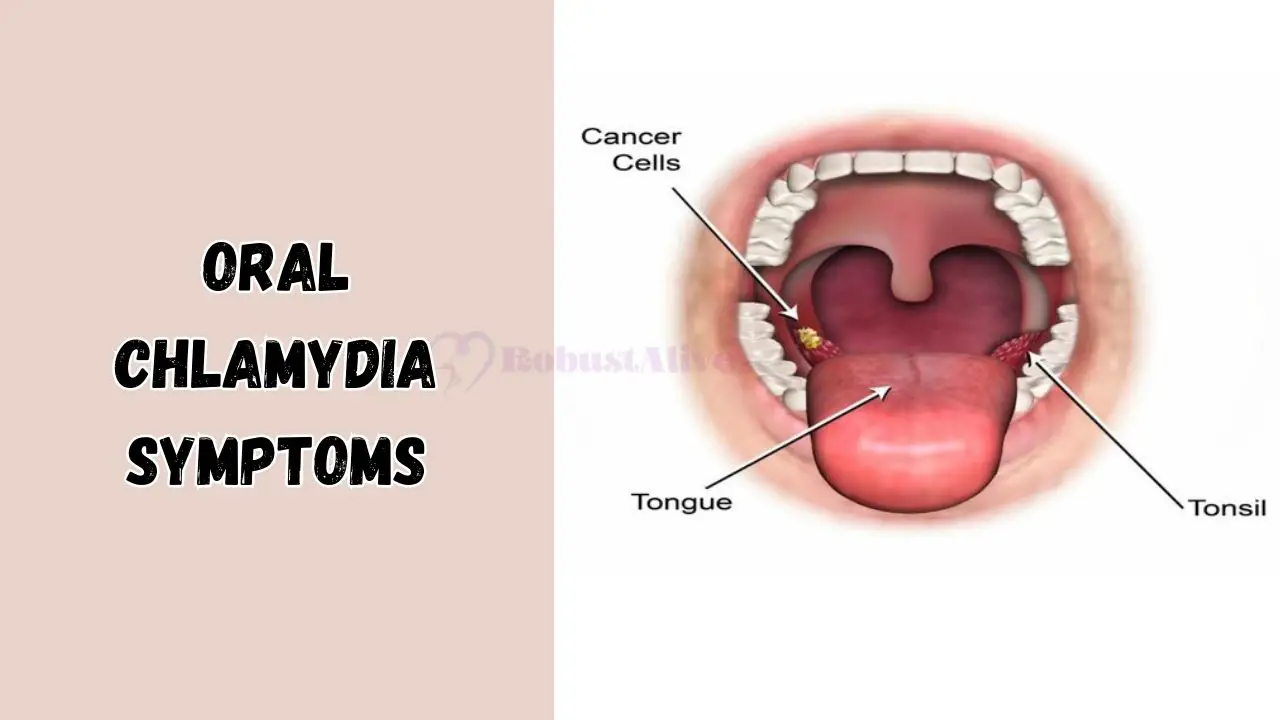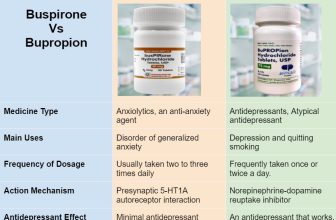Oral Chlamydia Symptoms & Signs to Look Out For

Chlamydia is a sexually transmitted infection (STI) caused by The Chlamydia trachomatis bacteria. It is one of the most common STIs worldwide and is common among sexually active young people. So,
What are Oral Chlamydia Symptoms?
Oral Chlamydia doesn’t often show any noticeable symptoms. But you may face problems—for instance, a sore throat, redness and inflammation, difficulty swallowing, and a cough. However, proper diagnosis and testing are required if you face these.
In this article, we will discuss Oral Chlamydia and its symptoms. Also, we will talk about its diagnosis and treatment.
Oral Chlamydia Symptoms
You may experience Chlamydia in the vaginal, genital, or oral areas. It generally spreads through oral sex. Plus, It infects the mucous membranes of the mouth and throat. That leads to pharyngeal chlamydia. It’s common to ask, Can oral Chlamydia cause symptoms, and if so, what are they?
So here are the common oral chlamydia symptoms:
- Sore throat
- Swollen lymph nodes
- Redness and irritation in the throat
- Difficulty swallowing
- Hoarseness or voice changes
- Oral lesions
- Unexplained oral ulcers
- Sores around lips and mouth
- Dental problems
Are Oral Chlamydia Symptoms Different from Genital Chlamydia Symptoms?
The infection chlamydia exhibits differently in oral and genital areas. But they are both asymptomatic most of the time. However, we have already talked to people who are infected orally. They experience sore throats, throat pain, and mouth pain. Also oral sores, or an uncomfortable feeling in their throat. Now we will share the symptoms of genital Chlamydia separately for men and women. Take a look.
Symptoms in women
Rarely do women notice the symptoms. If they do get symptoms, the most common include:
- pain in the abdomen or pelvis
- pain when urinating
- unusual vaginal discharge
- pain during intercourse
- bleeding after intercourse
- bleeding between periods
Symptoms in men
Most men can experience the following symptoms:
- pain in the testicles
- burning or itching in the urethra (the tube that carries urine out of the body)
- pain when urinating
- white, cloudy, or watery discharge from the tip of the penis.
Are The Symptoms of Chlamydia and Gonorrhea The Same?
Chlamydia and Gonorrhoea are both STIs. And they are both caused by bacteria. Plus, they are treated with similar medications. However, based on similarities and dissimilarities, let’s talk about them.
Similarities
- Both cause painful urination
- Cause abnormal discharge from the genital area
- Cause mild fever, pelvic pain, discomfort feeling
Dissimilarities
- Chlamydia causes vaginal bleeding, whereas gonorrhea has no such symptoms.
- The smell of discharge may be different from one another.
- If the bacteria infect the rectum, painful bowel movements and anal itching may occur in cases of gonorrhoea. But Chlamydia typically does not cause these symptoms.
What Should I Do After Experiencing Chlamydia Symptoms?
You should treat Oral Chlamydia as soon as possible, as bacteria can transmit to others. After experiencing the signs, you should go through a laboratory test. First, the doctor will collect a swab from your throat. They will take a nucleic acid amplification test (NAAT). It is the most common test to diagnose oral Chlamydia.
It can detect the genetic material of the bacteria with high accuracy. According to research, NAATs have better specificity and sensitivity than cultures for detecting C. trachomatis at rectal and genital sites. The swab is usually collected from the back of the throat. Then it is sent to the lab to test. Within a few days, the patient will get the result.
What Is The Treatment for Oral Chlamydia After Experiencing Symptoms?
Among lots of questions, the most demanding question may pop into your head: How is oral Chlamydia treated? Is this curable? It’s good news that the infection is completely curable with antibiotics. Doxycycline treats STDs (sexually transmitted diseases) like Chlamydia and gonorrhoea. Azithromycin treats this infection as well.
When the primary diagnosis is complete, doctors mostly recommend these medications. The physician suggests taking doxycycline twice daily. You have to continue it for seven days. On the other hand, azithromycin is once daily. You have to continue for three days. On these medications, patients should abstain from sexual activity.
Are There Any Complications Associated with Untreated Oral Chlamydia?
As oral Chlamydia is asymptomatic, it goes mostly untreated. So, when you leave the infection untreated, it may lead to severe problems.
Pelvic Inflammatory Disease (PID): Females may suffer from this serious infection. It causes chronic pelvic pain and infertility.
Reactive Arthritis: This type of arthritis develops in both men and women. And cause joint pain, swelling, and stiffness.
Genital and Rectal Infections: An untreated infection will spread in the genital and rectal areas.
Epididymitis: In males, infections lead to epididymitis. It causes pain, swelling, and fertility problems.
Prostatitis: Prostatitis is caused by this infection. In males, it causes pain and swelling.
Perihepatitis: This is an inflammation of the liver capsule. It causes abdominal pain.
Dental Problems: The infection causes mouth infections, tooth loss, gum disease, and dental pain
Increased Risk of HIV Transmission and Others: Having Chlamydia in the throat can make you more vulnerable to other infections, as your body is busy fighting off the bacteria and cannot fend off other infections as effectively
Can Practising Safe Oral Intercourse Prevent The Transmission of Oral Chlamydia?
Practicing safe oral sex can reduce the chance of the transmission of oral Chlamydia. But it can’t prevent the infection. As the infection mostly targets transmission through the oral rather than vaginal, genital, or anal areas. Condoms, dental dams, or other barriers help reduce any kind of STD. However, it’s important to know that you should avoid brushing your teeth. Also, avoid using dental floss before oral intercourse. Because these cause gums to bleed, they increase the risk of transmission.
Frequently Asked Questions (FAQs)
Is it possible to have multiple types of chlamydia infections simultaneously?
Yes. It is possible to have multiple types of infections at the same time. Someone may engage with an infected person orally and genitally. Then it is obvious that he may suffer from multiple types of Chlamydia simultaneously.
Can you have oral Chlamydia without symptoms?
Surprisingly, you can have oral Chlamydia without experiencing a single sign. Mostly, the problem is asymptomatic. According to the National Health Service (UK), half of men don’t notice any symptoms. And 70% of women with the infection don’t notice any symptoms. Consequently, they start to spread the bacteria to others unknowingly.
Conclusion
Finally, you know all the oral chlamydia symptoms. When you are sexually active or have multiple partners, you should have a routine checkup at a certain time. In fact, that will help you avoid severe issues caused by this asymptotic infection. The sooner you are diagnosed, the sooner you get proper treatment and recover.






